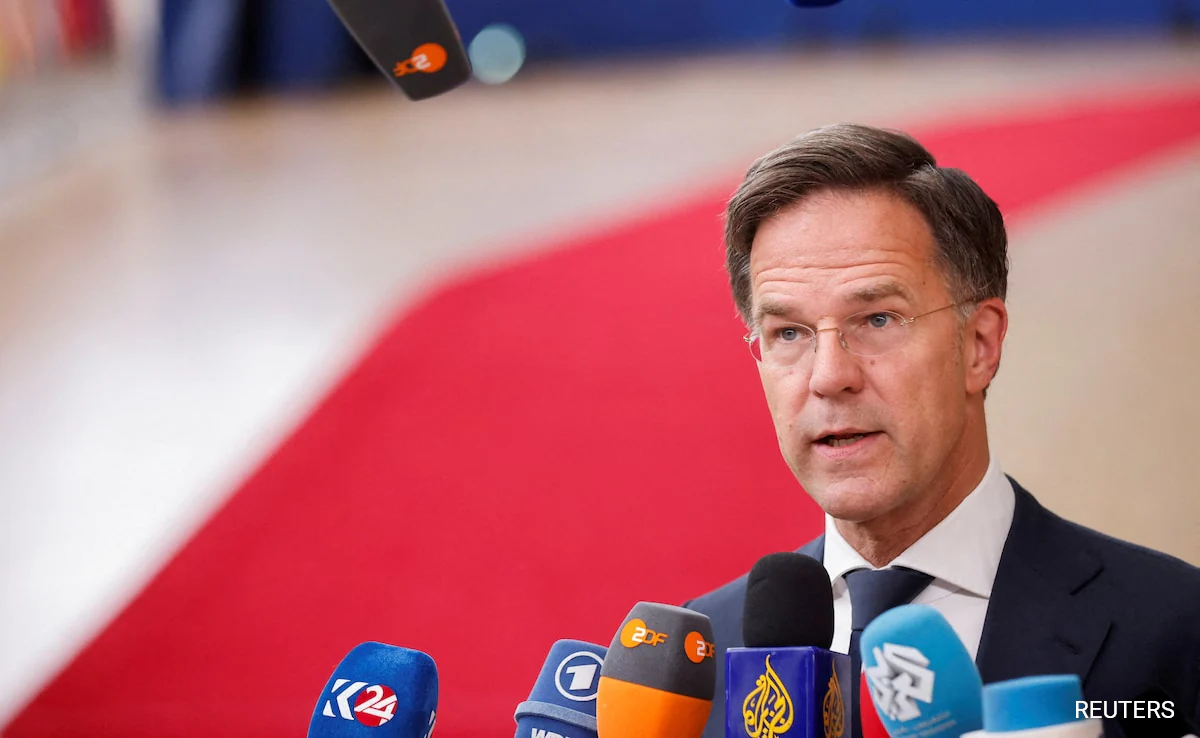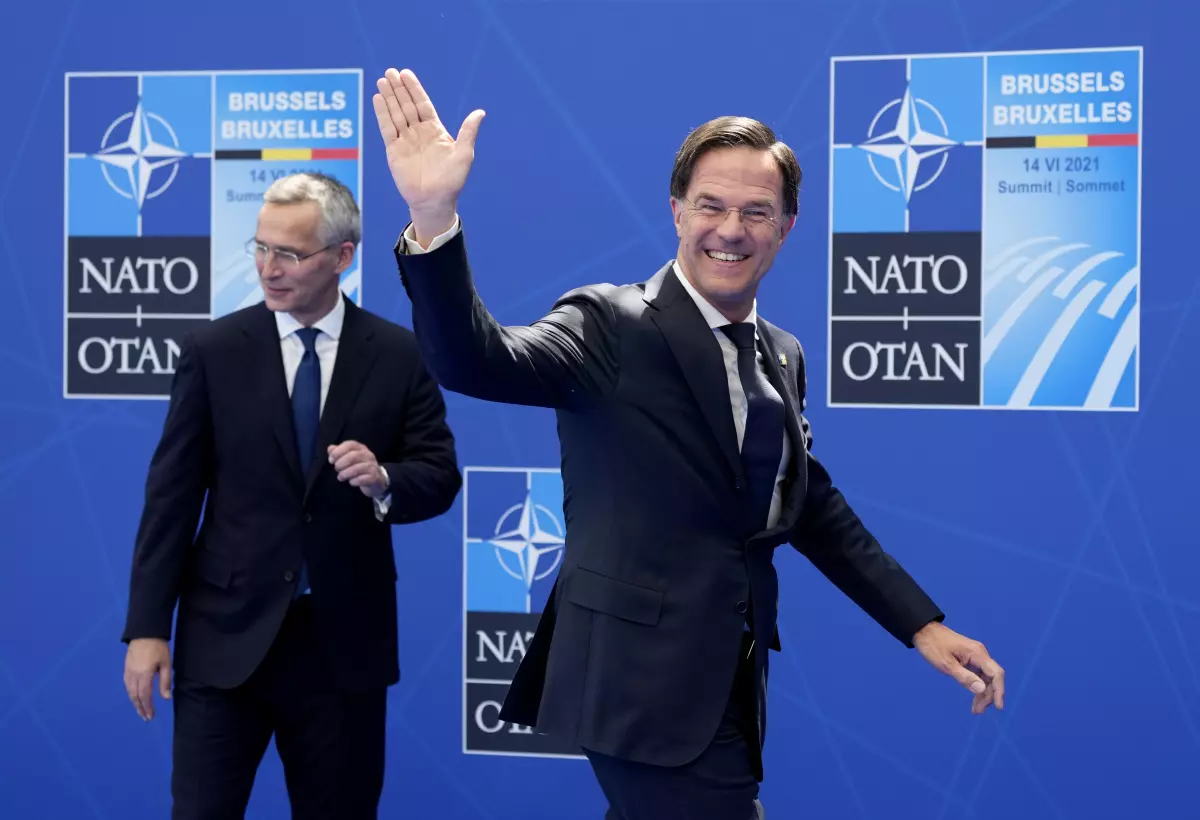Mark Rutte, the outgoing prime minister of the Netherlands, is set to become NATO’s next secretary general when Jens Stoltenberg steps down this autumn. Rutte’s candidacy has received unanimous support from all 32 member states, with Hungary and Slovakia confirming their endorsement on June 18. Romanian president Klaus Iohannis, Rutte’s last contender for the position, withdrew his candidacy on June 20. Stoltenberg’s term ends on October 2.
Rutte, the longest-serving prime minister in Dutch history since 2010, will assume his new role as NATO faces significant challenges. The ongoing war in Ukraine and China’s growing international ambitions will be his immediate priorities. Additionally, he will need to address the rise of nationalist and populist movements within NATO member states that threaten the organization’s unity. Another potential challenge could arise with the possibility of Donald Trump being re-elected as US president.

Rutte’s tenure as Dutch prime minister
Rutte’s 14-year tenure as Dutch prime minister has equipped him to handle both external and internal threats to NATO‘s cohesion. Known as a “Trump whisperer,” he is considered adept at managing relations with the former US president. At the 2018 NATO summit, he successfully engaged with Trump to mitigate tensions over defense spending, demonstrating his ability to navigate Trump’s unpredictable approach.
Rutte has been a staunch supporter of Ukraine since the Russian invasion in 2022, with Ukrainian president Volodymyr Zelensky often referring to him as “my friend Mark.” Beyond his support for Ukraine, his’s experience in crisis management within the EU has bolstered his reputation. During the Eurozone crisis in the 2010s, he advocated for austerity measures and economic reforms in southern Europe, earning a reputation as a tough negotiator.
Recently, Rutte has been recognized as a “dealmaker” in the EU, notably playing a key role in shaping EU migration policies. He was instrumental in the 2016 EU-Turkey deal aimed at reducing migration through Turkey to Europe.In 2023, he played a key role in brokering a similar agreement between the EU and Tunisia, collaborating with EU commissioner Ursula von der Leyen and Italy’s Giorgia Meloni.
A ‘Consensual’ brand of politics
Rutte’s leadership is often described as “pragmatic” by journalists and colleagues. Rutte believes grand visions can hinder practical and actionable governance. Instead, Dutch politics has embraced the “politics of accommodation.” The system is characterized by multiparty politics and coalition governments. During his tenure as prime minister, Rutte’s People’s Party for Freedom and Democracy (VVD) has partnered with a diverse array of parties, including the right-wing populist Freedom Party of Geert Wilders, the Labour Party, and since 2017, the Christian Democratic CDA, the progressive Democrats 66, and the conservative Christian Union.
Forming a multi-party coalition in Dutch politics is just the beginning. Despite Rutte’s governments enjoying majority support in the House of Representatives (Tweede Kamer), he often lacked a majority in the Senate (Eerste Kamer). To pass legislation, he had to secure agreements with opposition parties ranging from the left-wing Greens to the small, conservative Reformed Political Party (SGP).
Rutte also relied on the support of various social partners, including employers’ associations, labor unions, and other interest groups. His administrations are known for “akkoordenpolitiek” (“accord politics”), where policy agreements are reached with broad coalitions of stakeholders on issues such as climate, energy, and pensions.
Rutte’s pragmatic ability to build and maintain coalitions in a politically fragmented landscape is a hallmark of his leadership. This pragmatism has been crucial in navigating an era of polycrisis, where his government has faced multiple overlapping challenges, including the refugee crisis in Europe, the COVID-19 pandemic, and the war in Ukraine.



